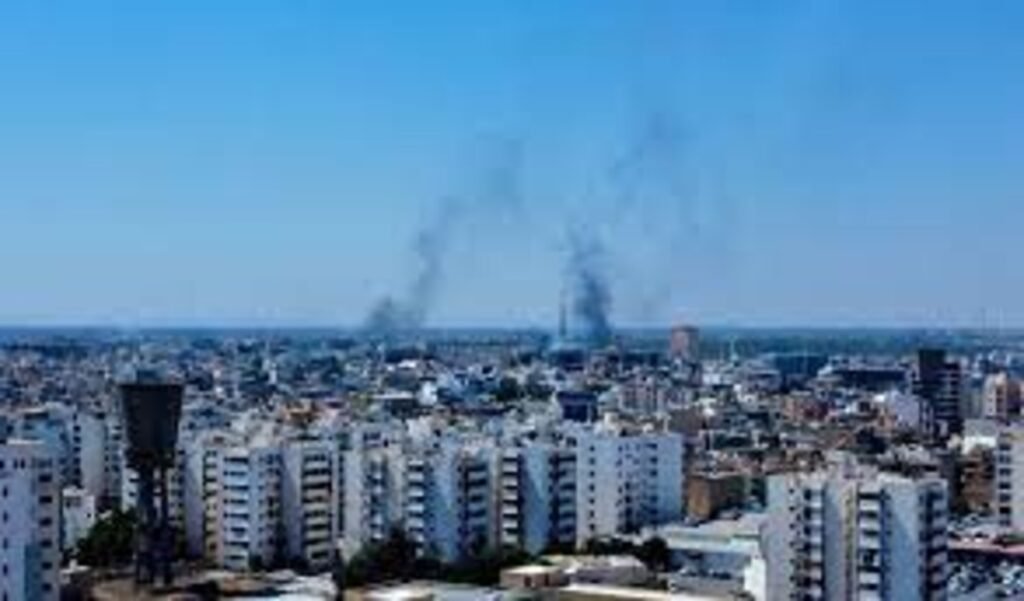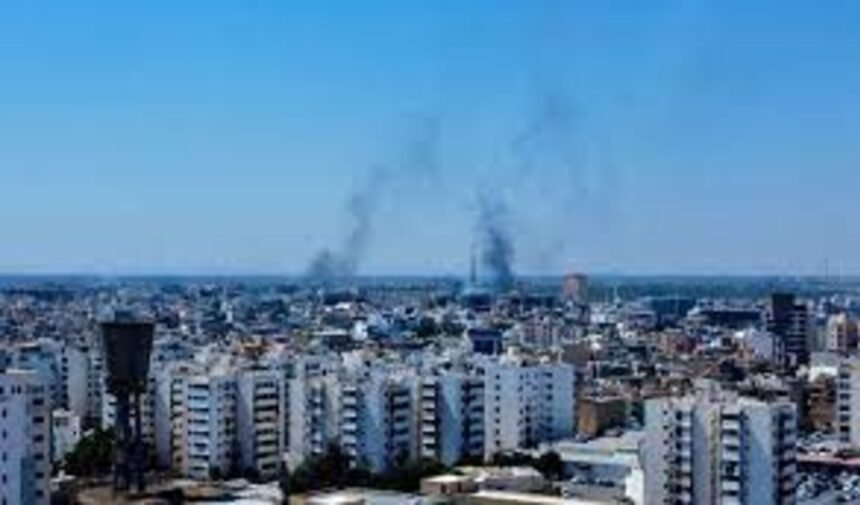August 16, 2023
Introduction
Tripoli, Libya – A violent clash between rival armed groups has left 55 people dead and dozens more injured, according to reports from Libyan media outlets. The fighting, the worst to grip Tripoli in over a year, erupted on Monday night and persisted through Tuesday, before a truce was established. The conflict underscores the ongoing struggle for power and control among various factions in the aftermath of the ousting of former ruler Muammar Gaddafi in 2011.Deadly Clashes Erupt in Tripoli In Libiya is taking tolls on citizens too.

The battle involved the influential 444 Brigade and the Special Deterrence Force, two of the many armed factions that have been vying for dominance since Gaddafi’s downfall. The city, which had witnessed a period of relative stability, was rattled by this latest round of violence. The clash began following the detention of 444 Brigade’s commander, Colonel Mahmoud Hamza, by the rival Special Deterrence Force on Monday.
Libya’s internationally recognized government, led by Prime Minister Abdul Hamid Dbeibah, has been striving to maintain control amid the factional infighting. Both warring groups are affiliated with Dbeibah’s government, further illustrating the complex web of allegiances in the country.
The clashes led to the evacuation of 234 families from front-line areas in Tripoli’s southern suburbs. Additionally, numerous doctors and paramedics who were attending to the wounded found themselves trapped amidst the turmoil. Amid international pressure, a ceasefire was ultimately established after an agreement was reached for the release of Colonel Hamza to a “neutral party.”
Toll On Civilians
The conflict’s toll on civilians has drawn condemnation from observers, including Hanan Salah, who voiced outrage over the use of heavy weaponry in residential neighborhoods. Libya specialist Jalel Harchaoui highlighted the failure of the international community to address the ongoing issue of armed groups, lamenting the lost years and the increased dominance of militias in Tripoli.
This surge of violence also casts doubt on the hopes for delayed elections this year, which the United Nations had expressed optimism about. It is becoming increasingly clear that Libya’s path towards stability remains fraught with challenges, as power struggles among competing factions continue to take precedence over the nation’s welfare.
The capital’s only civilian airport, Mitiga, which had been temporarily closed due to the conflict, has since reopened to commercial flights. Flights had been diverted to Misrata during the turmoil.
Conclusion
The clashes have once again shone a spotlight on the dire situation in Libya, which remains deeply divided between Dbeibah’s UN-backed government in the west and a rival administration in the east supported by renegade General Khalifa Haftar. As the nation grapples with its tumultuous post-Gaddafi era, the struggle for power and control continues to hamper progress and peace.






